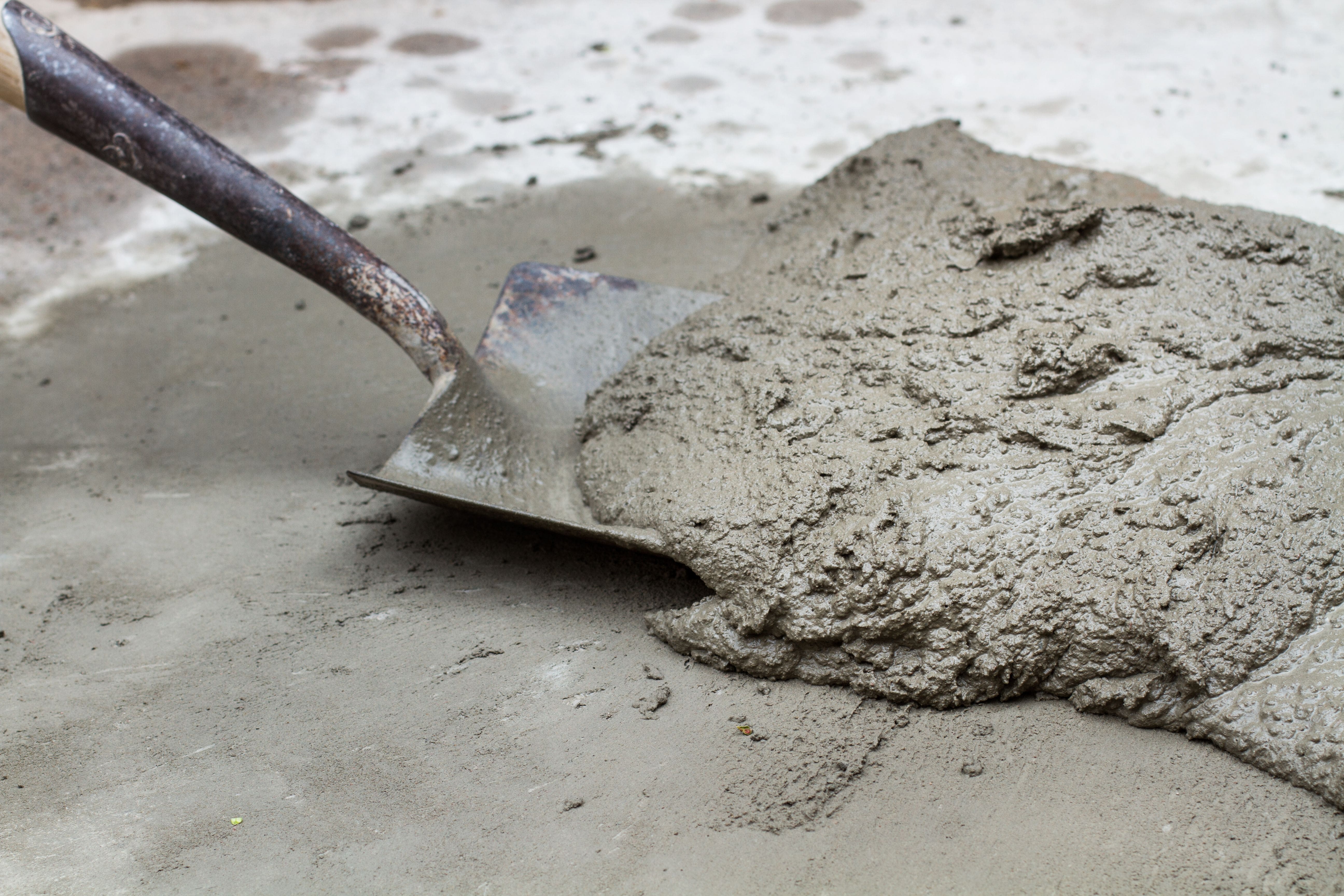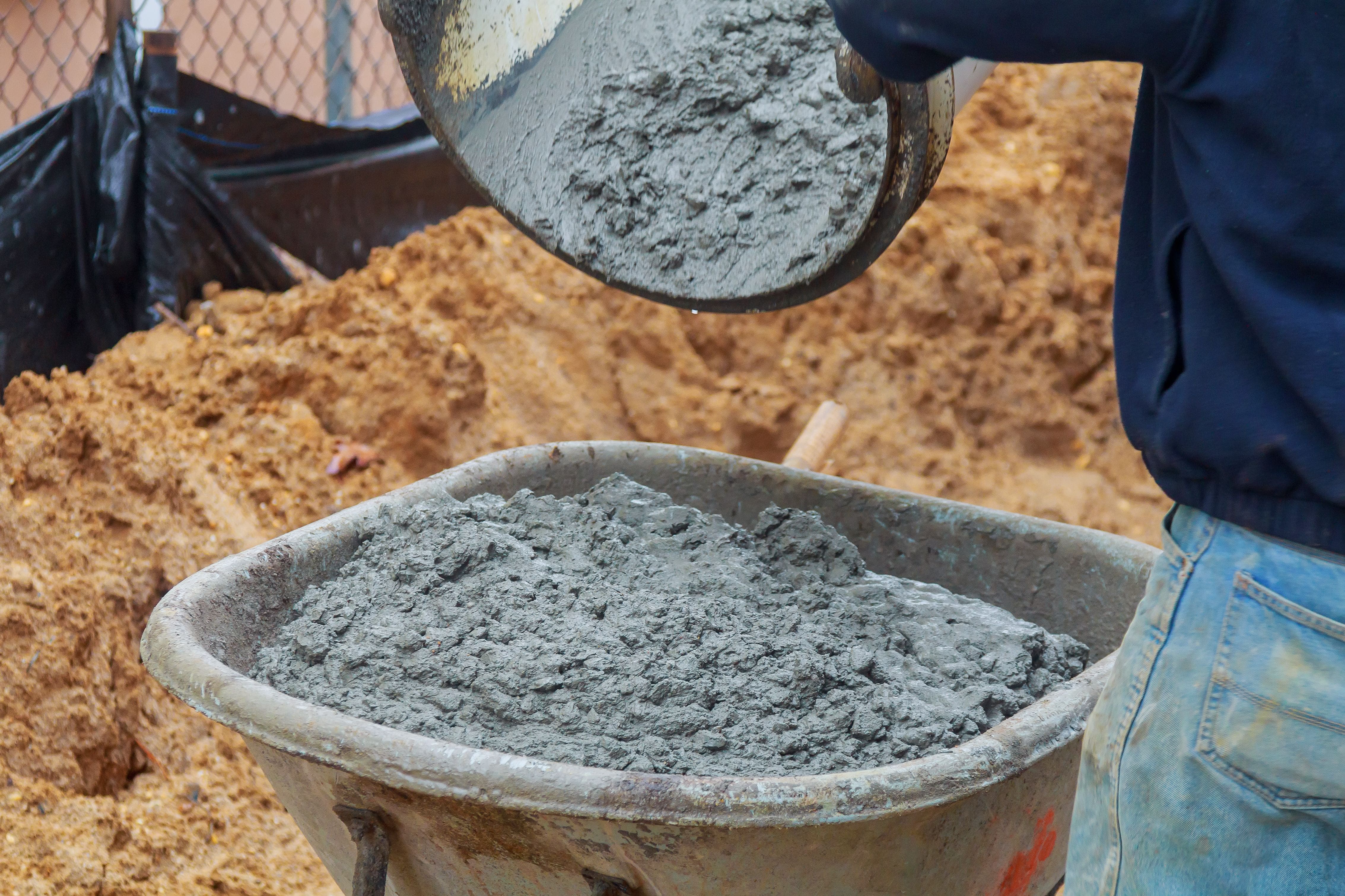Types of Cement Used in India
Types of Cement Used in India.
When it comes to construction, one must prioritize the types of cement being employed as a pivotal decision, influencing the strength, durability, and overall quality of concrete structures. India's growing construction industry witnesses a diverse array when it comes to types of cement and uses, each tailored to meet specific project requirements. In this comprehensive guide, we will explore the various types of cement extensively used in India, exploring both the conventional and specialized variants, and shedding light on their unique characteristics, applications, and the role they play in constructing robust and enduring structures.
If you are looking for the best cement in India, we would like to point out that this is a factor that depends on the use that the cement would be put to, and what this means is that there’s no master of all trades when it comes to the world of cement.
Types of Cement.
Ordinary Portland Cement (OPC):
As the cornerstone of the concrete construction industry in India, Ordinary Portland Cement remains the most widely used cement type in India. With a high compressive strength, it is ideal for general concrete construction, making it a go-to choice for builders and developers across the country.
OPC is classified into three grades - 33, 43, and 53, each denoting its compressive strength. Grade 53 OPC is preferred in high-strength concrete projects, ensuring resilience and durability. The cement companies that are operating in this space follow this grading principle as they are standardized units that are used across the industry.
Portland Pozzolana Cement (PPC).
Portland Pozzolana Cement, a blend of Portland cement and pozzolanic materials like fly ash or silica fumes, is gaining prominence in the Indian construction sector, and to that end, it wouldn’t be wrong to refer to them as the best cement in India for their intended usage. It not only enhances the workability and durability of concrete but also exhibits resistance to alkali-silica reactions.
PPC is a sustainable choice, contributing to the reduction of greenhouse gas emissions. Its eco-friendly nature aligns with the growing emphasis on sustainable construction practices in India. Among the various types of cement that are available in the market, this is the one that adds the role of eco-friendliness to concrete construction.
Portland Slag Cement (PSC).
Portland Slag Cement incorporates granulated blast furnace slag into Portland cement, imparting unique properties to the concrete. This type of cement is known for its low heat of hydration, making it suitable for large-scale infrastructure projects where thermal cracking is a concern. Cement companies in India take these factors into consideration while formulating this type of cement.
PSC offers excellent resistance to chloride and sulfate attacks, making it an ideal choice for marine and coastal constructions. The durability it provides makes it a preferred option in aggressive environments.
White Cement.
White Cement stands out for its aesthetic appeal and is commonly used in architectural applications, including the construction of facades, precast panels, and decorative elements. Its high fineness and purity ensure a smooth and elegant finish.
The best white cement in India is produced by reputed manufacturers who adhere to strict quality standards. Its usage has surged in recent years, reflecting the growing demand for visually appealing structures in concrete construction.
Specialized Variants of Cement.
Quick Curing Cement
Besides the aforementioned options, cement companies in India create a wide range of specialized offerings to cater to specific requirements as well. Quick-curing cement, also known as rapid-hardening cement, is designed to achieve high strength in a shorter curing period. This variant is ideal for projects where time is a critical factor, enabling faster construction and reduced turnaround time.
Hydraulic Cement
Hydraulic cement sets and hardens through a chemical reaction with water, making it the best cement in India for underwater construction. Its ability to set even in the presence of water sets it apart, making it a valuable asset in projects with challenging environmental conditions.
Low Heat Cement
Low-heat cement is formulated by cement companies to generate less heat during the hydration process, reducing the risk of thermal cracking in large concrete structures. It is often preferred in massive infrastructure projects where temperature differentials can impact structural integrity.
Sulfate Resistant Cement
Sulfate-resistant cement is designed to withstand exposure to sulfates present in soil or water. This variant is crucial in areas where the soil contains high sulfate content, ensuring the longevity of concrete structures in such environments.
Expansive Cement
Expansive cement, also known as shrinkage compensating cement, is formulated to counteract the shrinkage that occurs during the setting and hardening of concrete construction. This variant is beneficial in preventing cracks and ensuring dimensional stability in concrete structures.
High Alumina Cement
High Alumina Cement, with a high alumina content, exhibits exceptional strength at elevated temperatures. This makes it suitable for specialized applications such as refractory construction, where resistance to heat is crucial.
Concrete Construction with Various Cement Variants.
Proper Mix Proportions
Ensure the accurate proportioning of cement, aggregates, and water to achieve the desired concrete strength and durability. Use mixed designs that align with project specifications. The best cement in India would derive its performance from the manner in which it is prepared
Curing Methods
Implement effective curing methods to prevent the loss of moisture during the initial stages of concrete setting. Proper curing enhances the strength and durability of the concrete.
Quality Control
Regularly monitor and control the quality of cement, aggregates, and other materials used in concrete construction. This includes thorough testing and inspection at various stages of the construction process.
Adherence to Standards
Follow industry standards and guidelines for concrete construction. This includes compliance with relevant Indian Standards (IS) codes to ensure the safety and longevity of structures.
Conclusion
In the landscape of Indian concrete construction, the availability of specialized variants of cement allows builders and developers to tailor their choices based on project-specific requirements. By understanding the characteristics and applications of various cement types, including portland cement, quick-curing cement, hydraulic cement, low-heat cement, sulfate-resistant cement, expansive cement, and high alumina cement, professionals can make informed decisions that contribute to the success and longevity of concrete structures in diverse environments. As the industry continues to evolve, the integration of these specialized cement variants will play a pivotal role in shaping the future of concrete construction in India.



